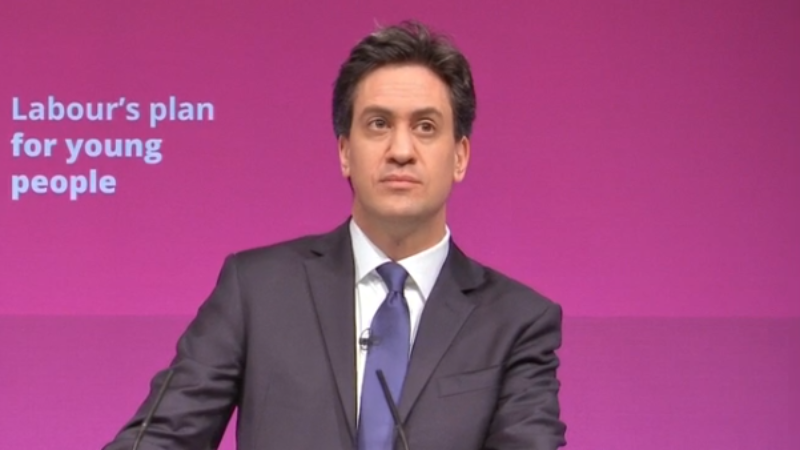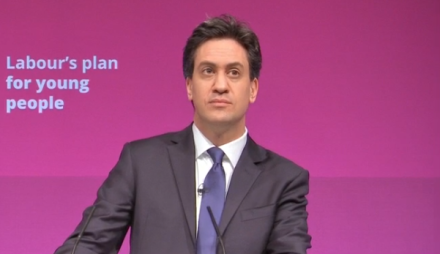
Today Labour are releasing new figures which will show that tuition fees will rise to £11,500 a year under current government plans.

This analysis highlights that the government’s planned cuts would create a £1.5 bn shortfall in the higher education budget by 2018-2019. This shortfall would result in university fees being raised by £2,500 a year.
Labour are pointing out the difference between this forecast and their plans to cut tuition fees to£6,000 a year as of September 2016.
This is ahead of the unveiling of an eight-foot-high stone, which will looks like it will be inscribed with each of Labour’s six manifesto pledges.
On this, Ed Miliband has said:
“On Thursday the British people can elect a Labour government that will cut, not raise tuition fees. We will build a strong economic foundation, raise living standards, control immigration, invest in the NHS to give it the time to care, ensure the next generation can do better than the last, with homes to build and action on rent. We will put working families first.”
Meanwhile, Umunna said these figures showed the difference between Labour and the two parties that make up the coalition:
“The Lib Dems must come clean over their plans to raise tuition fees.
“You can’t trust a word they say. They broke their promise and backed the Tories all the way to treble tuition fees once, and they have refused to rule out doing so again.
“Revealing their true colours, the Lib Dems have attacked Labour’s plan for a cut in fees to £6,000. Having saddled students with soaring debts, the Lib Dems are now adding yet more worry and uncertainty with the threat of threaten further future fee rises.
“We already know the Tories’ extreme plans could lead to a hike in fees. Now we must know clearly and plainly whether the Lib Dems would back such a move.”




More from LabourList
Letters to the Editor – week ending 1 March 2026
‘I spent years telling workers the law couldn’t help them – that has changed’
Josh Simons resigns as Cabinet Office minister amid investigation